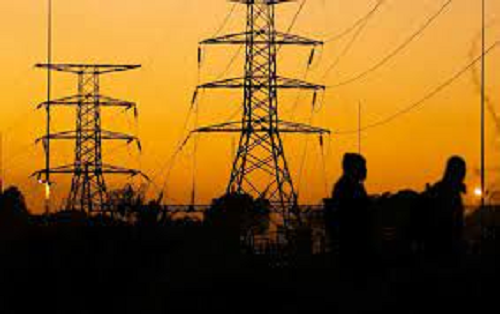NIGERIANS were thrown into yet another round of power outages on Wednesday as the national electricity grid suffered another collapse, disrupting supply across the country.
News Point Nigeria reports that the disruption, which occurred between 11:00 a.m. and 12:00 p.m., saw power generation plummet drastically, leaving millions of homes and businesses in darkness.
Electricity Distribution Companies (DisCos) across the country quickly confirmed the outage, attributing it to a system collapse from the Transmission Company of Nigeria (TCN), which operates the national grid.
The Abuja Electricity Distribution Company (AEDC) posted on its official X (formerly Twitter) handle: “The power outage currently being experienced is due to a loss of supply from the national grid at 11:23 a.m. today, affecting electricity supply across our franchise areas.”
Similarly, the Port Harcourt Electricity Distribution Company (PHED) announced that the collapse had paralyzed supply in its four franchise states.
“This development means there is no supply in Rivers, Bayelsa, Akwa Ibom and Cross River States,” the company explained.
Both AEDC and PHED appealed to customers to exercise patience, assuring that engineers were already working to stabilize the grid and restore normal supply.
“Efforts are being made to restore the grid, and supply will be restored as soon as stability is achieved,” AEDC stated.
Wednesday’s collapse adds to the long list of national grid failures that have plagued Nigeria’s electricity sector for years, highlighting the fragile state of the country’s power infrastructure.
Each collapse not only deepens the frustration of households but also disrupts businesses, worsens productivity, and fuels the reliance on expensive alternative sources of power such as diesel generators.
Energy analysts have repeatedly called for urgent investment in grid infrastructure, improved system management, and diversification of Nigeria’s energy sources to reduce the frequency of such disruptions.
With the national grid already stretched by increasing demand and inadequate capacity, many Nigerians fear that the country’s dream of reliable electricity supply may remain elusive without bold reforms.
For now, customers across multiple states will have to wait and hope the system is restored quickly until the next collapse.







